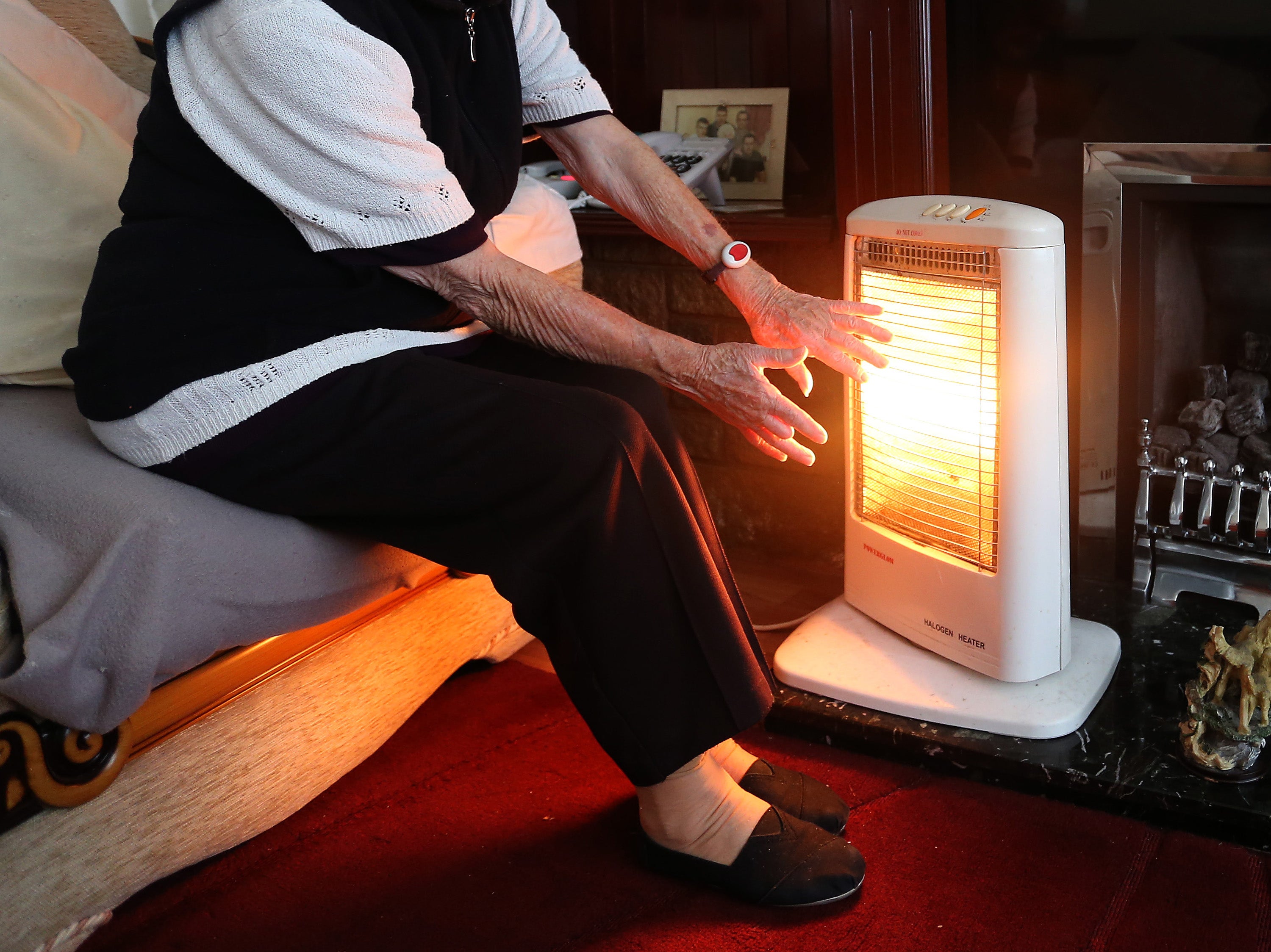Energy price cap to soar by 80% as Government urged ‘match scale of the crisis’
Ofgem’s increase to the cap will send the average household’s yearly bill from £1,971 to £3,549.

Energy prices for British households will rise by 80% by October as regulator Ofgem warned the Government it must act urgently to “match the scale of the crisis we have before us”.
Ofgem confirmed an 80.06% rise in the energy price cap for around 24 million households in England, Scotland and Wales, sending the average household’s yearly bill from £1,971 to £3,549.
The cap will come into effect on October 1, but Ofgem warned that some suppliers could start to increase direct debits before then to spread costs.
It will remain in place until December 31, when it will be adjusted again, with latest forecasts warning bills could surge again to around £5,400 in January and around £7,000 in April.
The regulator, energy sector and charities were immediately united in calling on the Government to increase its support for households who were facing “the bleakest of winters”.
Ofgem’s chief executive Jonathan Brearley urged the incoming prime minister and new Cabinet “to provide an additional and urgent response to continued surging energy prices”.
The regulator said the increase reflected the continued rise in global wholesale gas prices, which began to surge as the world unlocked from the Covid pandemic, and had been driven still higher to record levels by Russia slowly switching off gas supplies to Europe.
Mr Brearley said: “The Government support package is delivering help right now, but it’s clear the new prime minister will need to act further to tackle the impact of the price rises that are coming in October and next year.
“We are working with ministers, consumer groups and industry on a set of options for the incoming prime minister that will require urgent action. The response will need to match the scale of the crisis we have before us.”
Fuel poverty charity National Energy Action (NEA) estimated that the rise would increase the number of UK households in fuel poverty from 4.5 million last October to 8.9 million this October, even taking into account the Government’s support package announced in May.
Energy UK, which represents suppliers, said the charges its members will be forced to pass on to households will be “simply unaffordable”.
Its director of regulation, Dan Alchin, said bills of the size announced by Ofgem were unimaginable a few months ago and “we cannot expect customers to bear the brunt”.
He said: “The Government must step in urgently and put in place further support for this winter and, with energy costs likely to remain high for the foreseeable future, look at ways to keep bills down next year as well – as we outlined in our letter to the chancellor last week.”
Chancellor Nadhim Zahawi said the increase in the energy price cap would cause “stress and anxiety” for people, but that the Government was working “flat out” to develop more options to support households.
“While Putin is driving up energy prices in revenge for our support of Ukraine’s brave struggle for freedom, I am working flat out to develop options for further support,” he said.
“This will mean the incoming prime minister can hit the ground running and deliver support to those who need it most, as soon as possible.”
NEA chief executive Adam Scorer said: “The scale of harm caused by these price rises needs to sink in. A warm home this winter will be pipedream for millions as they are priced out of a decent and healthy quality of life.
“Households need money in their pockets to weather this storm or we are going to see millions in dangerously cold homes, suffering in misery with unimaginable debt and ill health.
“Even with a mild winter, millions are facing a big freeze. Action is needed now to prevent the bleakest of winters.”
Simon Francis, co-ordinator of the End Fuel Poverty Coalition, said: “Today’s Ofgem price hike is like a dagger to the heart of millions of people up and down the country.
“As a result of the decision, parents will be unable to feed their children, the sick and elderly will be condemned to worsening health, disabled people will go without vital medical equipment and households will be forced into poverty for the first time in generations.
“All the solutions lie at the Westminster Government’s door, yet it is silent in the face of this looming disaster.”
Philippe Commaret, the managing director of energy giant EDF, has warned that half of UK households could be in fuel poverty in January as a result of rocketing prices, while Which? has urged the Government to raise its energy bills discount by at least 150% or risk pushing millions of people into financial distress.
The consumer watchdog said the Government’s financial support for all households must increase from the current £400 to £1,000 – or from £67 to £167 per month from October to March.
Today's Ofgem price hike is like a dagger to the heart of millions of people up and down the country
However, no immediate extra help will be announced by Boris Johnson’s Government, with major financial decisions being postponed until either Liz Truss or Rishi Sunak is in No 10 after the Tory leadership contest.
The Bank of England has forecast that higher gas prices will push inflation above 13% by the end of the year, while Citigroup this week warned it could hit 18.6% in January, the highest in almost half a century.
Bookmark popover
Removed from bookmarks